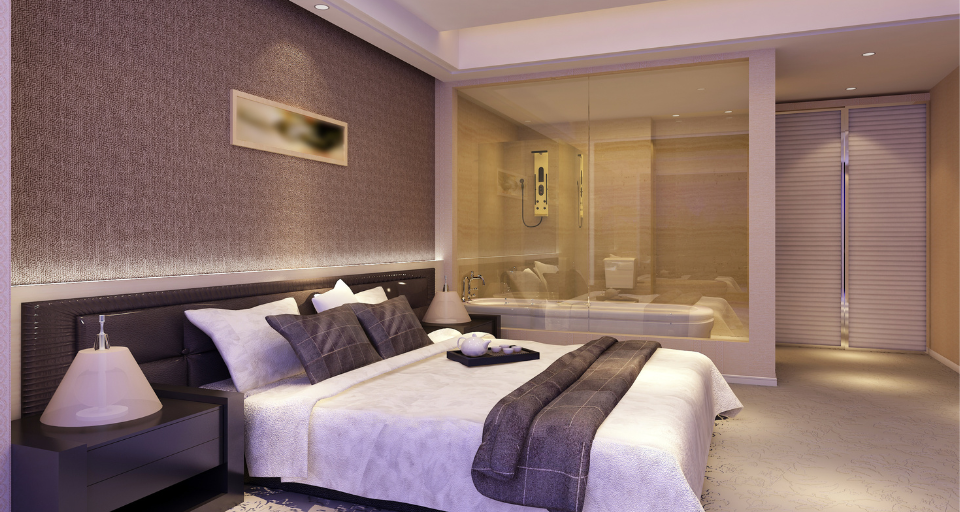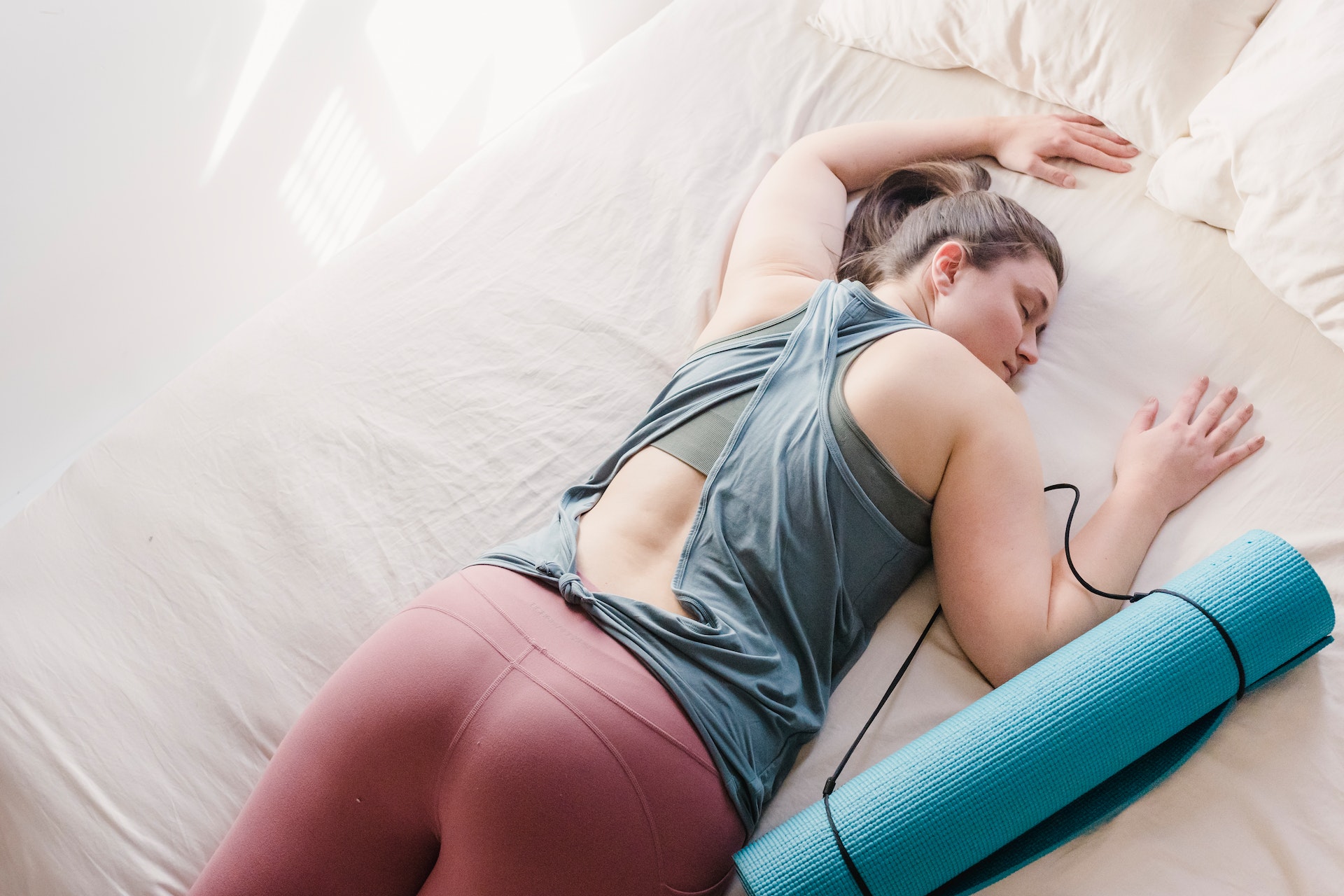Why Is It Important to Ventilate The Room Before Going to Bed?

We all know how important it is to get a good night’s sleep, but did you know that the air quality in your bedroom can make all the difference? Ventilation is essential in order to ensure that the air in your bedroom is clean and free of any airborne contaminants. In this blog post, we will explore why it’s so important to ventilate your room before going to bed and what you can do to make sure you get the best possible air quality for a peaceful night’s rest. From the effects of CO2 levels on sleep quality to chemical pollutants, read on to learn more about why ventilation matters and how you can make sure your bedroom environment is healthy and comfortable.
The importance of ventilation
Ventilation is important for many reasons. It helps to remove stale air and replace it with fresh air. This can help to improve air quality and reduce the risk of respiratory problems. It can also help to regulate temperature and humidity levels, which can be beneficial for both comfort and health. Additionally, ventilation can help to reduce noise levels and potentially create a more peaceful environment.
How to ventilate the room before going to bed
It is important to ventilate the room before going to bed because it allows fresh air to circulate and prevents the build-up of carbon dioxide. When we breathe, we exhale carbon dioxide. If a room is not well ventilated, this gas can build up and cause us to feel sleepy. By ventilating the room before bed, we allow fresh air to come in and remove the build-up of carbon dioxide. This helps us to sleep more soundly and wake up feeling refreshed.
The benefits of ventilation
It is important to ventilate the room before going to bed for several reasons. Ventilation helps remove stale air and odors from the room and replaces it with fresh air. This can help improve your sleep quality and prevent headaches or dizziness from stuffy air. Additionally, ventilation can help reduce condensation on windows and walls, which can lead to mold growth.
The risks of not ventilating the room before going to bed
If you don’t ventilate the room before going to bed, you risk suffocation. When you sleep, your body takes in oxygen and expels carbon dioxide. If the room is not properly ventilated, the carbon dioxide can build up and cause suffocation.
How oxygen-enriched air affects sleep
It is a well-known fact that oxygen is essential for human life. However, most people do not know that oxygen plays an important role in sleep as well. When we sleep, our bodies take in less oxygen and expel more carbon dioxide. This is why it is important to ventilate the room before going to bed – so that we can breathe in fresh, oxygen-rich air.
There are many benefits of breathing in oxygen-enriched air, including improved sleep. Oxygen-enriched air can help to reduce stress and anxiety, and promote deep and restful sleep. It can also help to improve brain function and memory. If you are struggling to get a good night’s sleep, consider investing in an oxygen concentrator or air purifier with an oxygenator function.
Ventilating the room before going to bed is an important part of a good night’s sleep. Proper ventilation helps replenish oxygen levels in your bedroom, reduces condensation build-up, and helps keep dust mites at bay. All of these factors have a direct impact on our sleep quality and overall health. If you are looking for ways to improve your nightly rest, then ventilating the room prior to going to bed should be an essential step in your nighttime routine.
Warning: this article does not constitute medical advice. The article contains the author’s personal opinion and personal conclusions and observations. If you have problems with sleep or are interested in other issues related to it, it is better to consult your doctor.









